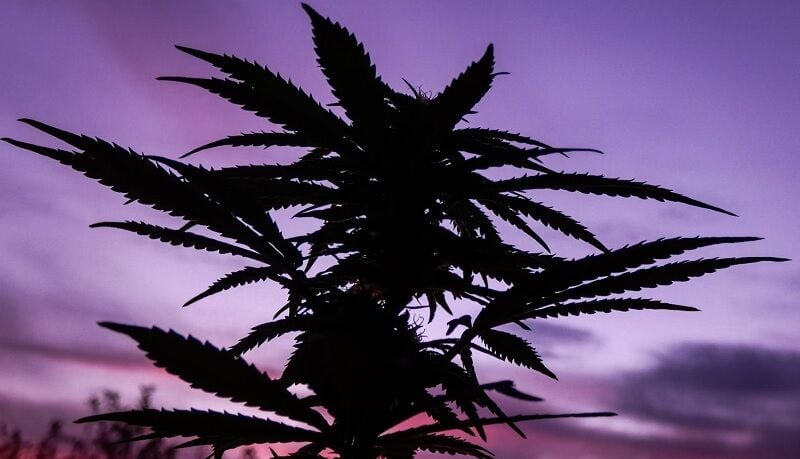Social equity in cannabis legalization

Thailand’s bold move to become the first Asian country to legalize recreational cannabis has sparked a lively debate on social equity. While many celebrate the freedom and potential economic benefits, concerns about public health and the impact on youth are surfacing. But there’s a silver lining you might not have considered: the potential for social equity gains.
This shift not only promises to reshape social determinants of health but also mental health outcomes. Stay tuned as we delve deeper into how Thailand’s cannabis legalization could pave the way for more equitable social structures.
Social equity program

When you’re diving into the world of cannabis legalization, you’ll quickly find that social equity is a cornerstone of modern policies aimed at correcting historical injustices. These programs are specifically designed to support communities and individuals disproportionately impacted by previous laws. Through various initiatives, social equity programs seek to balance the scales, offering opportunities in the cannabis industry to those who’ve been left behind.
To delve deeper, let’s examine how social equity models are being integrated into cannabis legalization efforts, with a special focus on reparations and the inclusion of Indigenous communities.
A. The Social equity model
The essence of a social equity model in cannabis legalization is to ensure that the benefits and opportunities emerging from this new industry are equitably distributed, especially among communities that have historically borne the brunt of cannabis prohibition. This model is rooted in addressing long-standing disparities through multiple avenues, including:
- Prioritizing Licensing: Ensuring that those from disadvantaged backgrounds, particularly individuals and families who’ve suffered under previous Thailand cannabis laws, have priority in obtaining licenses to operate within the cannabis market.
- Criminal Record Expungement: A significant aspect of social equity involves the erasure of criminal records for cannabis-related offenses, thereby removing barriers to employment, housing, and education.
- Investing in Communities: A portion of the profits from the cannabis industry is earmarked for reinvestment into communities negatively impacted by prior cannabis policies. This includes funding educational programs, infrastructure improvements, and healthcare services.
Understanding and implementing the social equity model involves a meticulous and empathetic approach, aiming not just for legal reform but for societal healing and empowerment.
B. Cannabis reparations and indigenous people
The conversation around social equity extends into the realm of reparations, particularly concerning Indigenous peoples and communities ravaged by the war on cannabis. Unlike traditional financial compensation, cannabis reparations seek to acknowledge and amend the historical injustices through meaningful and sustained engagement. For Indigenous peoples, this might involve:
- Land Rights and Cultivation: Recognizing the traditional knowledge and rights of Indigenous peoples to cultivate cannabis, both for cultural and economic purposes.
- Participation in the Market: Facilitating the entry of Indigenous entrepreneurs into the legal cannabis market, ensuring they have the support and resources to thrive.
- Preservation of Cultural Practices: Safeguarding the right of Indigenous communities to use cannabis in line with their cultural and spiritual practices, without fear of legal repercussions.
Integrating reparations within the framework of cannabis legalization is not merely about opening up economic opportunities but about acknowledging and valorizing the deep-rooted connections between Indigenous cultures and cannabis. It’s a step towards healing historical wounds and re-envisioning a future where justice and equity are paramount.
Thailand and global cannabis reform: Navigating cannabis legalization

As Thailand steps forward with cannabis legalization it’s clear that achieving social equity is more than a legislative act—it’s a commitment to righting the wrongs of the past and paving the way for a more just future. By focusing on licensing opportunities for those most affected by outdated cannabis laws and ensuring profits are reinvested into communities, Thailand sets a precedent. But it’s the emphasis on education and community engagement that truly marks the path to success. It’s about understanding that the fabric of social equity is woven from the threads of fairness justice and equity—values that must guide the cannabis industry if it is to contribute positively to society. For Thailand and indeed the world navigating cannabis legalization is not just about lifting a prohibition it’s about lifting people and communities creating a future where the benefits of the cannabis industry are shared by all.
If you would like to have a good insight into how cannabis flowers become a “controlled herb” in Thailand that can also be checked here.
Latest Thailand News
Follow The Thaiger on Google News:


























